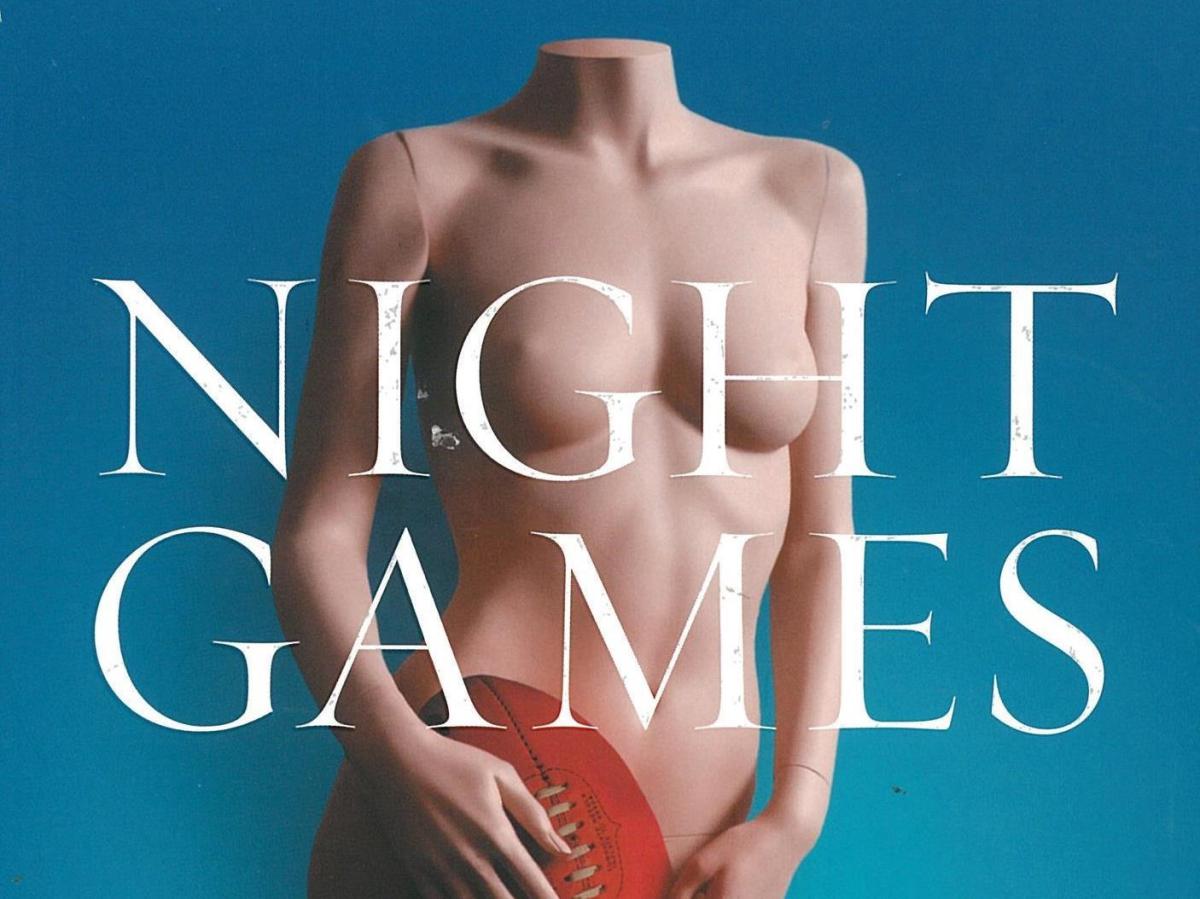Night Games is an account of the events surrounding the trial of Justin Dyer (a pseudonym), a VFL football player, who was accused of rape in the period following the second grand final match between Collingwood and St Kilda in 2010.
It is a curious account of the case itself, almost hemiplegic in form, in that Krien has no access to the complainant (‘Sarah Wesley’, another pseudonym) or to Sarah’s statement made in the courtroom. Instead Krien spends the three weeks of the trial in the company of the defendant and his family, something she describes as ‘uncomfortable’ at times. As a result, the reader is left with the sense that Krien is constantly struggling against the current, trying to maintain some kind of objective point of view but being swept along by the prevailing one, in this case the Dyers, due to her proximity to them. To her credit Krien tables this potential bias up front: ‘..here I am, hugging the grandmother in the defendant’s corner, and that’s a problem, don’t you think?’ She does, however, manage to use the case as a springboard to explore the state of affairs on a broader scale in relation to football and women, and the complexity of sexual relations and sexual consent at this time in Australian society.
Krien makes the point that despite women making up a substantial portion of the fan base of Aussie rules, women have had to fight hard to be able to report on football on an equal footing with their male counterparts, and to occupy positions of power within the football world, such as club boards. The effect of having this female input is that finally the behaviour of male footballers towards women is being reported and what is coming to light are some cases in which neither consent nor refusal has been obtained before women are ‘shared’ (in group sex) between footballers as part of a male bonding ritual. Unfortunately, it would seem that for the most part the women in these scenarios are shown little respect as human beings.
Through careful research the author documents a fascinating and sometimes horrifying subculture that seems to have remained essentially unchanged in its gender relations, protected and preserved by the almost religious fervour with which Australians regard football and footballers. It is difficult to imagine any profession in which it would be deemed acceptable for a man to ask a woman about her breasts and about her menstrual cycle in a public forum when it bears no relevance to the topic. Krien cites an example of this happening to professional female football players on The Footy Show.
Herself a basketballer, Krien is careful to distance herself from ‘anti-sport’ sentiments, instead pointing to a culture of entitlement within high-level football. Most of the men involved in the upper echelons of the football world refuse to speak to Krien which again poses a problem. Her documenting of the exclusion of women and the code of silence within the ranks, however, probably reveals as much about the culture of football than these interviews would have.
The core issue in the book which is tackled from various angles and was raised in Helen Garner’s The First Stone is the uncertainty characterising the area between consent and rape. Both Garner and Krien contend that we ‘lack a language’ for the grey area between yes and no, that a woman can suffer the ‘rabbit in the spotlight’ syndrome and be silent which has, problematically, been interpreted as consent.
What Krien manages to do in Night Games is to demonstrate that there is no black and white in these scenarios and that our court system in its current form is unable to deal with the complexity of sexual consent, rather it perpetuates stereotypes, and results in labels such as ‘slut’ or ‘rapist’, leaving little room for healing and understanding, and leaving both parties damaged.
Krien has bravely tackled a subject fraught with political overtones. No doubt she will be judged harshly by some, and by no means is her discussion exhaustive. She has, however, provided compelling evidence to suggest that codes of conduct should always be accountable, no matter how powerful the organisation, and that more discussion about gender relations and consent is required in order to promote understanding and to prevent the occurrence of cases like Justin Dyer and Sarah Wesley’s which will no doubt leave permanent scars on both people.
Night Games has been shortlisted for the Stella Prize 2014. The prize will be announced on the evening of Tuesday 29 April.
Rating: 3 ½ out of 5 stars
Night Games: Sex, Power and Sport
by Anna Krien
Softcover
272 pages
ISBN 13: 9781863956017 ISBN 10: 1863956018
Black Inc.





